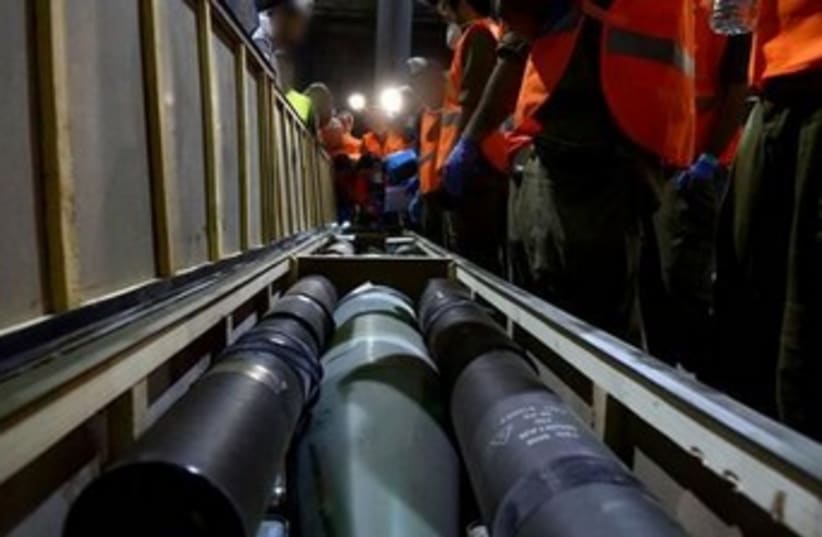Is the seizure of Gaza-bound Iranian arms at sea a bad omen for Israel?
The intercepted weapons shipment from Iran to Gaza could signal a renewal of ties between Tehran and Hamas. If so, Iran is likely to demand that Hamas pay a price for its patronage - the resumption of rocket fire on Israel.
